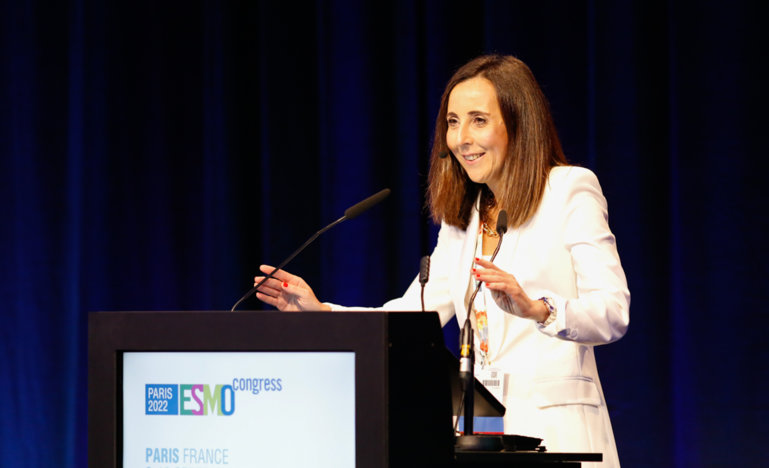
Positive clinical results for immunotherapy in metastatic/recurrent cervical cancer
Results from two studies shows promise for combination immunotherapy in a population with a high unmet need for new treatments

Results from two studies shows promise for combination immunotherapy in a population with a high unmet need for new treatments
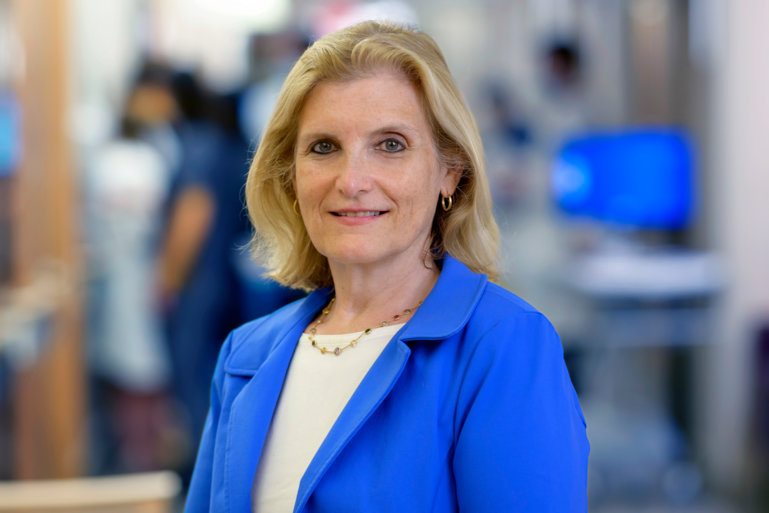
In the post-COVID-19 era, there is a need to evaluate the quality, safety and effectiveness of telehealth to deliver cancer care says ESMO Keynote Lecturer Dr Deborah Schrag
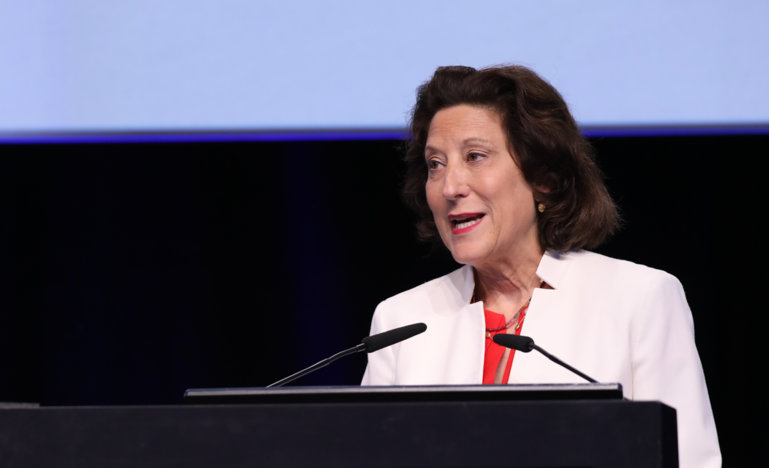
Findings from the TROPiCS-02 trial show an overall survival benefit of sacituzumab govitecan in heavily pre-treated patients but raise questions about its optimal clinical implementation

An interim analysis of phase III data further supports the use of abemaciclib plus non-steroidal aromatase inhibitor in patients with HR+, HER2– advanced breast cancer

After impressive results were achieved in melanoma, there is now great interest in exploring the potential of dual LAG3/PD-1 inhibition in other tumour types
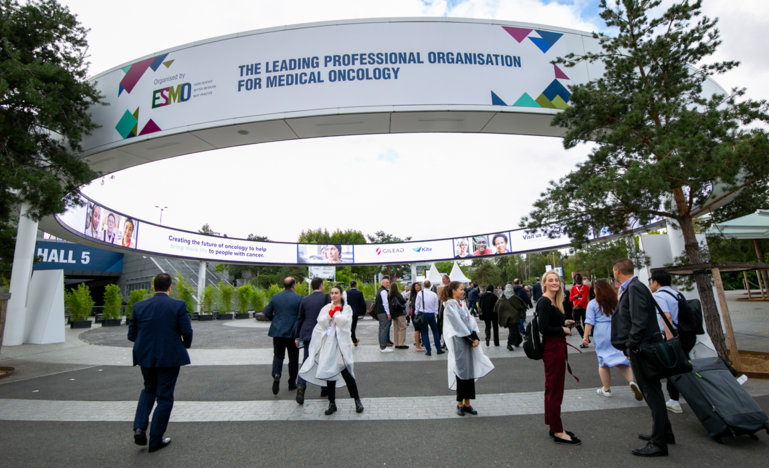
Since its approval, tebentafusp is changing the treatment landscape for patients with metastatic uveal melanoma, but many questions remain

Addition of the PD-L1 inhibitor atezolizumab to chemotherapy plus bevacizumab showed little or no benefit in the relapsed setting, echoing previous data from front-line therapy
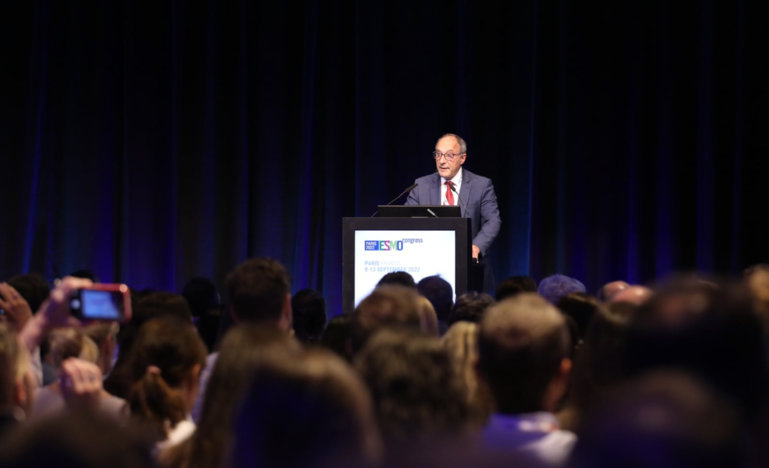
The PARP inhibitor shows durable clinical benefits in HRD+ patients with advanced disease reinforcing the importance of testing for BRCA mutations and/or HRD status.
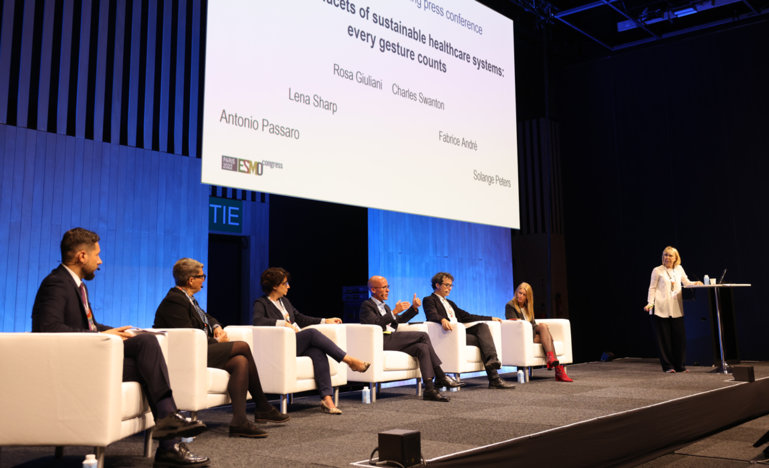
The Society takes a further step toward improving oncologists’ knowledge on healthy lifestyles to better support their patients and reduce the burden of cancer
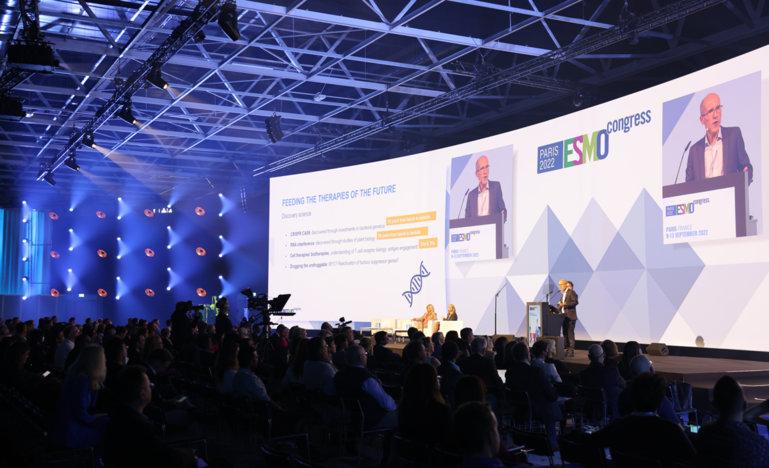
The annual ESMO Congress returns to be an onsite event after two years of COVID-19 pandemic, offering attendees opportunities to share knowledge on how to integrate molecular and digital tools into oncology
This site uses cookies. Some of these cookies are essential, while others help us improve your experience by providing insights into how the site is being used.
For more detailed information on the cookies we use, please check our Privacy Policy.
Necessary cookies enable core functionality. The website cannot function properly without these cookies, and you can only disable them by changing your browser preferences.